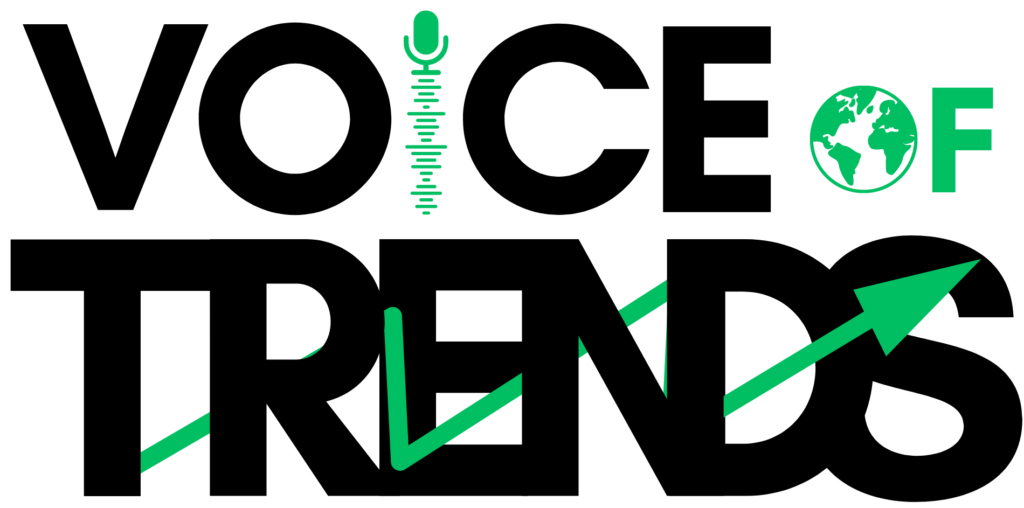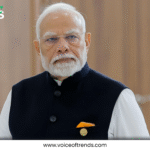Table of Contents
ToggleIntroduction
Eid ul Adha, also known as the Festival of Sacrifice, is one of the most significant Islamic holidays observed by Muslims worldwide. It commemorates the willingness of Prophet Ibrahim (Abraham) to sacrifice his son Ismail (Ishmael) in obedience to Allah’s command. This article will explore the dates for Eid ul Adha in 2024, its historical background, cultural significance, and the various ways it is celebrated across the globe.
Understanding the Islamic Calendar
Lunar Calendar Basics
The Islamic calendar, also known as the Hijri calendar, is a lunar calendar consisting of 12 months in a year of 354 or 355 days. Unlike the Gregorian calendar, which is solar, the Islamic calendar is based on the phases of the moon.
How Islamic Dates are Determined
Islamic dates are determined by the sighting of the moon. Each new month begins with the sighting of the new crescent moon, making the exact dates of Islamic events slightly variable.
When is Eid ul Adha in 2024?
Expected Dates
In 2024, Eid ul Adha is expected to begin on the evening of Sunday, June 16th, and end on the evening of Thursday, June 20th. However, these dates may vary based on the moon sighting in different regions.
Variations by Region
The actual date of Eid ul Adha can differ by one day or more depending on the country and its moon sighting tradition. It is always recommended to follow the announcements from local Islamic authorities.
Astronomical Calculations for Eid ul Adha 2024
Role of Moon Sighting
Moon sighting plays a crucial role in determining the start of Eid ul Adha. Religious authorities in different countries observe the moon to declare the beginning of Dhul-Hijjah, the month in which Eid ul Adha falls.
Scientific Predictions
Astronomers can predict the visibility of the moon with great accuracy, helping to estimate the dates of Islamic events in advance. For Eid ul Adha 2024, astronomical calculations suggest the likely start on June 16th.
Cultural Significance of Eid ul Adha
The Story of Ibrahim (AS) and Ismail (AS)
Eid ul Adha honors the devotion of Prophet Ibrahim (AS) and his son Ismail (AS) to Allah’s will. Ibrahim (AS) was prepared to sacrifice Ismail (AS) as an act of submission to Allah, but Allah intervened, providing a ram to sacrifice instead.
Rituals and Traditions
Eid ul Adha is marked by special prayers, the sacrifice of an animal (usually a goat, sheep, or cow), and the distribution of meat to the needy. It is a time for family gatherings, feasting, and giving thanks.
Global Observance of Eid ul Adha
Different Countries, Different Traditions
While the core rituals of Eid ul Adha remain the same, the celebrations vary significantly around the world. For example, in Saudi Arabia, large-scale public prayers are held, while in countries like Pakistan, the day is marked by community feasts and charity events.
Public Holidays and Celebrations
Eid ul Adha is a public holiday in many Muslim-majority countries. Schools, offices, and businesses often close to allow families to celebrate together.
Preparations for Eid ul Adha
Spiritual Preparation
Muslims prepare for Eid ul Adha by engaging in acts of worship and reflection. Many fast on the Day of Arafah, the day before Eid ul Adha, seeking forgiveness and blessings.
Community Involvement
Communities come together to organize events, charitable activities, and public prayers. This fosters a sense of unity and collective celebration.
Rituals of Eid ul Adha
The Eid Prayer
The day begins with a special prayer known as Salat al-Eid. This prayer is typically performed in large congregations at mosques or open grounds.
Qurbani (Sacrifice)
The central ritual of Eid ul Adha is Qurbani, the sacrifice of an animal. The meat is divided into three parts: one-third for the family, one-third for friends and relatives, and one-third for the needy.
The Day of Arafah
Significance and Observances
The Day of Arafah, which falls on the 9th of Dhul-Hijjah, is the second day of the Hajj pilgrimage. It is a day of repentance and prayer, observed by Muslims worldwide.
Connection to Eid ul Adha
The Day of Arafah holds great significance as it precedes Eid ul Adha. Fasting on this day is highly recommended for those not performing Hajj.
Charity and Community During Eid ul Adha
Importance of Charity (Sadaqah and Zakat)
Charity is a cornerstone of Eid ul Adha. Muslims are encouraged to give Sadaqah (voluntary charity) and Zakat (obligatory almsgiving) to support those in need.
Community Outreach Programs
Many communities organize outreach programs, providing food, clothing, and financial aid to the less fortunate during Eid ul Adha.
Eid ul Adha and Family Traditions
Celebratory Meals
Eid ul Adha is synonymous with sumptuous meals. Families prepare and share traditional dishes, often featuring the meat from the Qurbani sacrifice.
Gift-Giving
Gift-giving is a common tradition during Eid ul Adha, especially among children. It symbolizes love, gratitude, and the spirit of giving.
Modern Celebrations of Eid ul Adha
Virtual Gatherings
In recent years, especially post-pandemic, virtual gatherings have become popular. Families and friends connect online to celebrate together, bridging the gap of distance.
Social Media and Eid ul Adha
Social media platforms are abuzz with Eid ul Adha greetings, photos, and videos, creating a virtual festive atmosphere.
Challenges in Eid ul Adha Celebrations
COVID-19 and Health Precautions
The COVID-19 pandemic has impacted traditional Eid celebrations. Many communities adopt health precautions, including social distancing and virtual events.
Economic Factors
Economic hardships can affect how families celebrate Eid ul Adha. Despite these challenges, the spirit of sharing and community support remains strong.
Eid ul Adha Etiquette
Greetings and Well-Wishes
Common greetings during Eid ul Adha include “Eid Mubarak” and “Eid Sa’id,” conveying wishes for a blessed and happy Eid.
Appropriate Attire
Wearing new or special clothes is a common tradition during Eid ul Adha, symbolizing joy and respect for the occasion.
Conclusion
Eid ul Adha is a profound expression of faith, sacrifice, and community. It brings together Muslims worldwide in a shared celebration of devotion and gratitude. As we prepare for Eid ul Adha 2024, let us reflect on its deeper meanings and strive to embody its values in our daily lives.
FAQs
What is the significance of Eid ul Adha?
Eid ul Adha commemorates the willingness of Prophet Ibrahim (AS) to sacrifice his son in obedience to Allah, highlighting themes of faith, obedience, and sacrifice.
How is the date of Eid ul Adha determined?
The date is determined by the lunar Islamic calendar and the sighting of the moon, leading to slight variations in observance dates across different regions.
What are the main rituals of Eid ul Adha?
The primary rituals include the Eid prayer, the Qurbani (sacrifice of an animal), and the distribution of meat to family, friends, and the needy.
How do different cultures celebrate Eid ul Adha?
Celebrations vary globally, with unique traditions and customs in each country, though the core rituals remain the same.
What is the importance of charity during Eid ul Adha?
Charity is central to Eid ul Adha, reflecting the spirit of sharing and caring for the less fortunate, emphasizing the values of Sadaqah and Zakat.




















